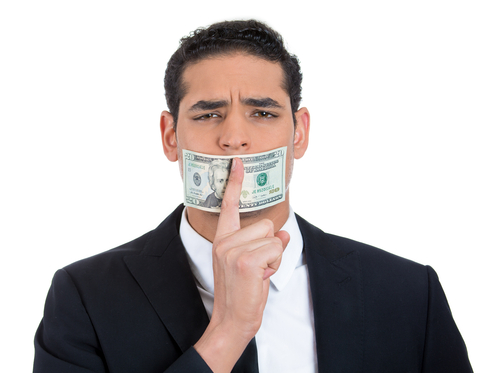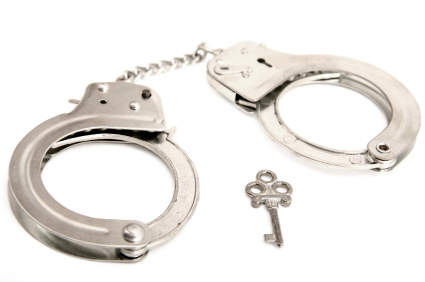On  September 1, 1914, "Martha," the last remaining passenger pigeon (ectopistes migratorius), died at the Cincinnati Zoo. On September 7, 1936, "Benjamin," the last Tasmanian tiger (thylacinus cynocephalus), died at Australia's Hobart Zoo. And on June 24, 2012, "Lonesome George," the last living Pinta Island tortoise (chelonoidis nigra abingdoni), died in Ecuador's Galapagos National Park.
September 1, 1914, "Martha," the last remaining passenger pigeon (ectopistes migratorius), died at the Cincinnati Zoo. On September 7, 1936, "Benjamin," the last Tasmanian tiger (thylacinus cynocephalus), died at Australia's Hobart Zoo. And on June 24, 2012, "Lonesome George," the last living Pinta Island tortoise (chelonoidis nigra abingdoni), died in Ecuador's Galapagos National Park.
When you think of endangered species, you naturally think of plants and animals. But the IRS has its own endangered species list (called "listed transactions"), and that means sometimes even tax strategies go extinct. So, for example, in October, 2006, the last grandfathered private annuity trust was formed. On April 10, 2007, most so-called "Section 419(e)" plans were shot down. Now, could the venerable Swiss bank account (bankum secretus strongius) be next?





